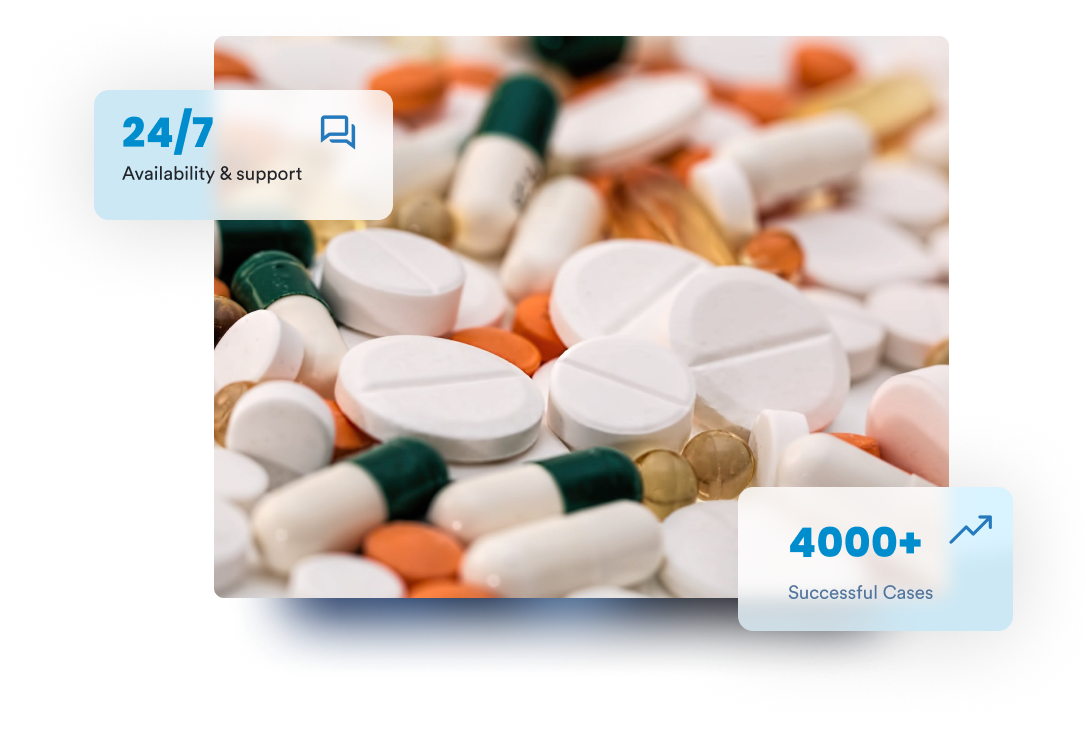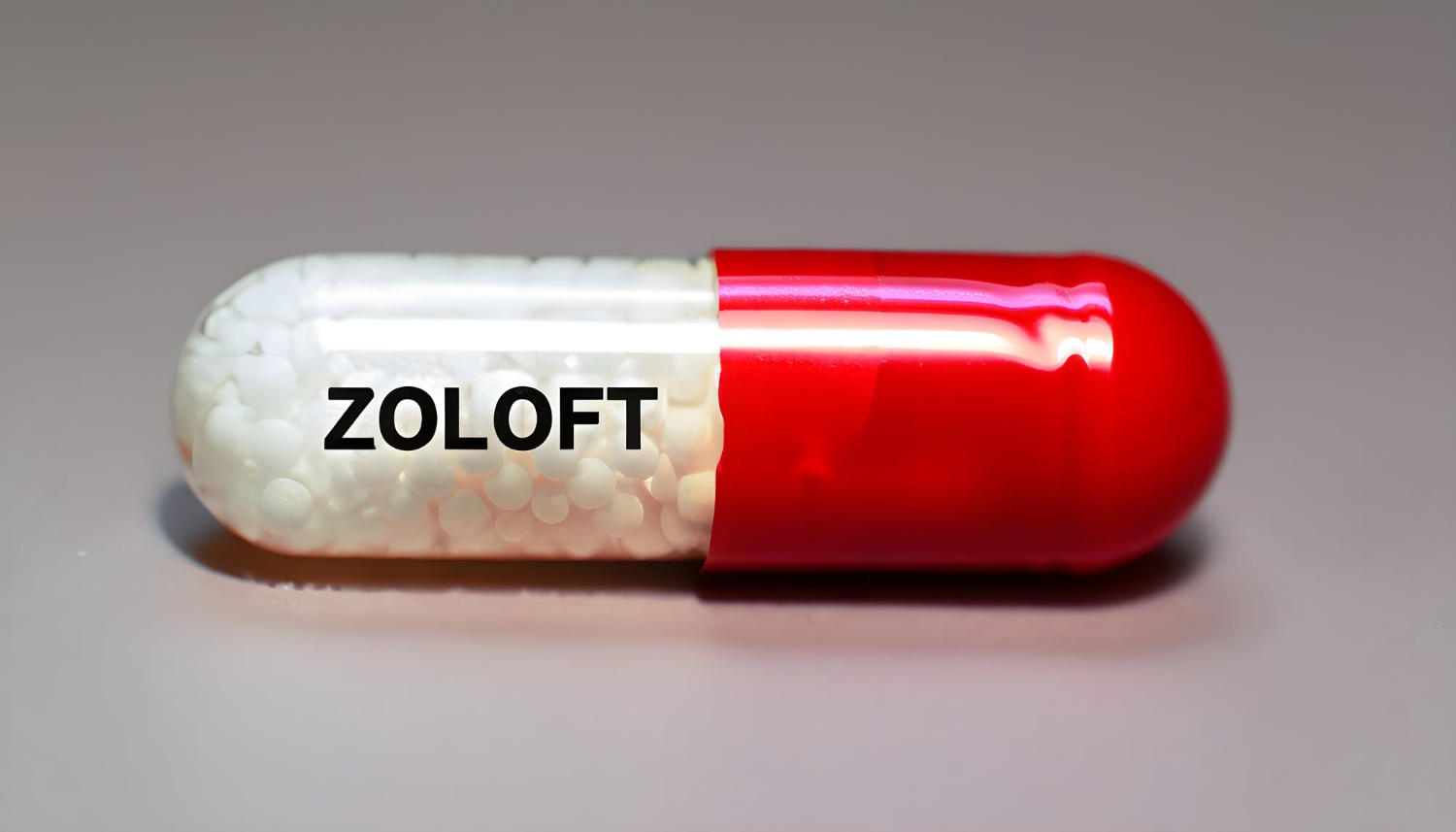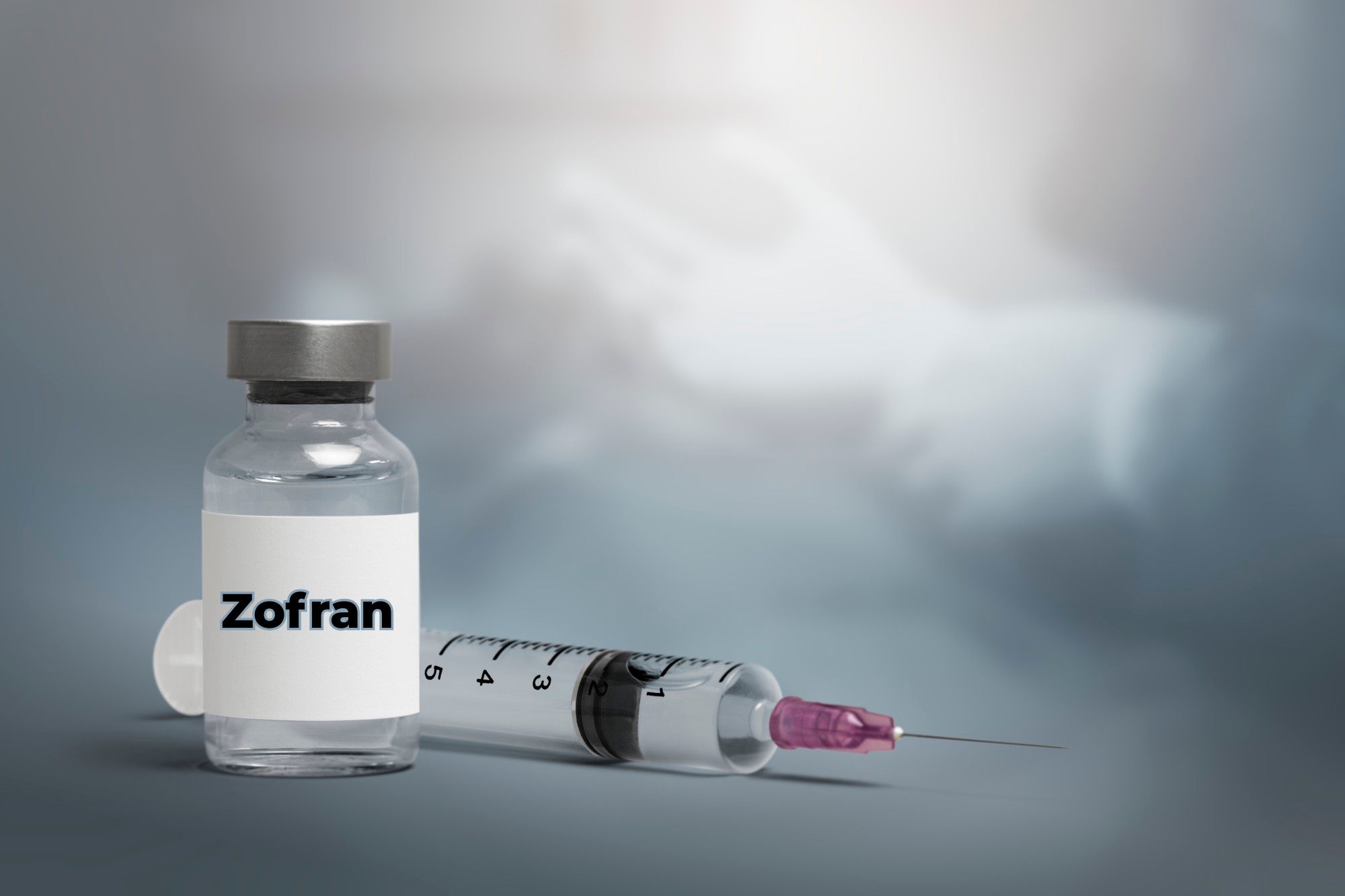The Journal of the American Medical Association (JAMA) published results of a study related to Nexium intake in their February 2016 issue stating that the risk of chronic kidney disease (CKD) increases by 20 to 50% in patients taking Nexium and similar products.
A 2009 study based in Copenhagen showed that PPI use may cause a rebound in acid release if discontinued. This indicates that patients may become dependent on the medications.
In 2006, JAMA published a study that showed that long-term use of PPI medications may increase the risk of hip fractures in the elderly.
Since 2006, PPI medications including Nexium have been the subject of investigations related to harm.
serious Alleged Injuries May Include:
- Chronic Kidney Disease (CKD)
- Acute Interstitial Nephritis (AIN)
- Acute Kidney Injury
- Acute Renal Failure (ARF)
- End-Stage Renal Disease (ESRD)
- Renal Impairment
- Bone Deterioration
- Dementia/Seizure
- Tetany (Muscle Spasm)
- Infections
- Arrhythmia And Heart Problems
- Low Magnesium Level
- Stomach Cancer
FDA Safety Warnings:
In 2010, PPI use was suspected of causing cardiac-related birth defects when taken during pregnancy. The FDA concluded that no statistically significant risk had been shown. The same year FDA issued a consumer warning for bone deterioration with Nexium and other PPI use.
In 2011, FDA issued another warning, which said there was a risk of developing low magnesium levels or hypomagnesemia with symptoms of neurological, muscular and cardiac effects on taking PPI, such as Nexium. In 2012, the FDA released a safety communication, stating that the use of Nexium and other PPIs may be associated with an increased risk of Clostridium difficile-associated diarrhea (CDAD).
In December 2014, the FDA issued a warning about adding acute interstitial nephritis to the label, which if left untreated may lead to renal failure.
In 2015, the first official warning of PPI related side effects on the kidney was issued by the FDA.
In 2016, the study suggested that PPIs, including Nexium, may increase the risk of kidney disease and kidney failure.
In October 2016, the FDA required information to be added to the label about serious cutaneous and systemic lupus erythematosus events associated with the use of Nexium and other PPIs.
Legal Updates:
Defendants:
AstraZeneca, Pfizer, Procter & Gamble, Takeda Pharmaceuticals, McKesson Corp., and Novartis Pharmaceuticals Corp.
Defendant Law Firm:
AstraZeneca LP - The Pepper Law Firm
Novartis Pharmaceuticals Corp. - Hollingsworth LLP
Allegations: Proton Pump Inhibitors such as Prilosec, Nexium, and Prevacid are reported to increase the risk of various kidney complications. Lawsuits filed in federal court blame that the drugs lead to acute interstitial nephritis, chronic kidney disease, renal/kidney failure or acute kidney injury.
Some of the serious side effects include heart attack, stroke, bone fractures, memory loss, and birth defects.
Plaintiff Steering Committee
Daniel R. Lapinsky - Wilentz, Goldman & Spitzer.P.A.
Shannon Pennock - Pennock Law Firm
Bradley D.Honnold - Goza & Honnold, LLC
Sindhu Daniel - Baron & Budd P.C.
K.Camp Bailey - Bailey Peavy Bailey PLLC
Shayna E. Sacks - Napoli Shkolnik PLLC
Daniel N. Gallucci - Nastlaw LLC
Norman Siegel - Stueve Siegel Hanson LLP
Derriel McCorvey - McCorvey Law LLC
Buffy K. Martines - Laminack, Pirtle & Martines LLP
Jennie Anderson - Andrus Anderson LLP
Joseph Zonies - Zonies Law LLC
Lawsuit Status:
MDL 2409: In Re: Nexium (Esomeprazole) Antitrust Litigation
The plaintiffs in this antitrust class action can allege that AstraZeneca, the defendant, and maker of Nexium indulged in “pay-for-delay” contracts with its competitors (other defendants), violating various U.S. states antitrust laws. AstraZeneca allegedly paid hefty amounts to its competitors to delay the marketing activity of the generic version of Nexium.
The district court certified a damages class against defendants under Federal Rule of Civil Procedure 23(b)(3) that includes individual consumers, third-party payers, union plan sponsors, and insurance companies that purchased or provided reimbursements for Nexium.
MDL 2757: IN RE: PROTON-PUMP INHIBITOR PRODUCTS LIABILITY LITIGATION
In August 2017, the U.S. Judicial Panel on Multidistrict Litigation (JPML) granted the plaintiffs second motion for consolidation of Proton Pump Inhibitor (PPI) claims into multidistrict litigation (MDL) named MDL 2757: IN RE: PROTON-PUMP INHIBITOR PRODUCTS LIABILITY LITIGATION. The MDL was ordered to be centralized in the U.S. District for New Jersey as more PPI claims were pending in that court than in any other district. The JPML appointed Judge Claire C. Cecchi to preside over the MDL. There are more than 4,248 lawsuits pending against the drug makers of the heartburn medications as of December 2018. The first PPI Bellwether Trial Set to Begin on Sept. 21, 2020.
Important Verdicts & Settlements
December 2012: Pfizer Inc. agreed to pay $55 million for promoting Protonix for unapproved uses.
April 2013: AstraZeneca Pharmaceuticals LP ("AstraZeneca") settled a Nexium lawsuit for $20 million but denied the claim that they false marketed the heartburn drug.
October 2014: The California federal judge who overlooked Nexium bone injury granted summary judgment in favor of manufacturer defendant AstraZeneca Pharmaceuticals LP and related entities on October 8, 2014. (In Re: Nexium |LS|Esomeprazole|RS| Products Liability Litigation, MDL Docket No. 2404, No. 12-ml-2404, C.D. Calif.)
February 2015: AstraZeneca paid $7.9 million to settle a class action lawsuit that the manufacturer and the distributor were engaged in a kickback scheme to boost the sale of Nexium pills.
June 2015: Teva Pharmaceuticals paid $24 million after it was determined the company had kept a less expensive Nexium alternative from consumers.
June 2018: The Court issued a stipulation regarding the statute of limitation, establishing a process for the plaintiffs counsel to submit additional information about individuals who were under PPI medication and suffered kidney injury as a side effect before filing the lawsuit. Plaintiffs Counsel has to submit documents with certain potential case information, which would pause, or toll, the statute of limitations until January 31, 2019.
Evidence:
- Usage Of Nexium In Pharmacy Records
- Duration Of Usage
- Indication Of Usage In Medical And Pharmacy Records
- Complications And Their Treatment After Intake
Medical Record Review and claim validation of Nexium case should take approximately 3 hours in most instances; however, this approximation may vary in cases based on the volume of records.




